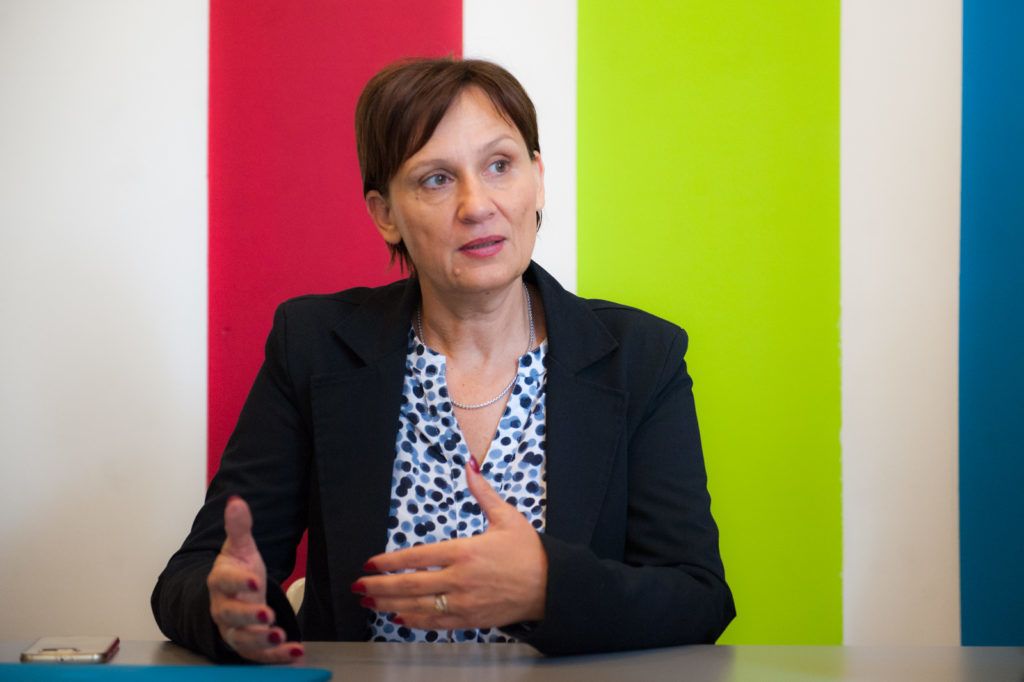Analysis
Politics
Projects
How Orbán’s Anti-Ukraine Crusade Fuels Hungary’s Election War Machine
10 October 2025
Programming is far from a privilege of IT geniuses and some say it will soon be as important a skill as writing or reading. In Hungary, there are positive examples of how young people should be introduced into the world of coding.
School children sit in a classroom, each with a monitor and keyboard in front of them – the screens show a three-dimensional videogame world, where everything is made up of small cubes. Completely immersed, they move their characters in the world of Minecraft, the most successful computer game of the last decade.
In a rectangular yet charming virtual environment, a village is threatened by bushfire, and the pupil’s mission is to program their helper, a small grey robot, to remove the dry undergrowth and thereby preventing the flames from spreading. They play to learn the basics of coding – also known as computer programming – while learning critical thinking and creativity. Welcome to the world of 21st century education!

Of course, we would not look for a coding lesson as described above in a typical Hungarian educational institution. In Hungary, mainly private schools deal with the playful presentation of coding.